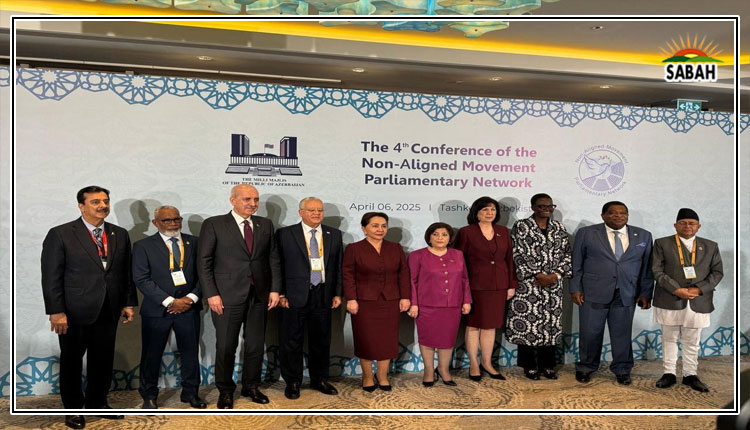New cold war…By Dr Farrukh Saleem
The cold war (1947-1991), a chilling 44-year standoff, witnessed a terrifying triumvirate of lethal weapons: ICBMs (Soviet R-7 Semyorka and American Minuteman missiles), nuclear submarines (USS George Washington, SSBN-598, and Soviet Typhoon-class submarines), and strategic bombers (Boeing B-52 Stratofortress and Tupolev Tu-95 ‘Bear’).
In the new cold war, nations will fiercely compete to dominate the Bitcoin blockchain. In the new cold war, nations will strive to control Bitcoin’s mining power (Bitcoin’s block time is approximately 10 minutes). In the new cold war, a nation’s fortunes will rise or fall with the click of a mouse, as global power structures teeter on the brink of a digital precipice. In the new cold war, centralised authority is of little worth.
Bitcoin operates like a guerrilla force in the financial battleground, a defiant insurgency against centralised control. Governments, like entrenched commanders wary of losing their strategic hold on monetary policy, view Bitcoin as both an asset and a threat – equal parts fascination and fear. Donald Trump is mobilising to make the US the ‘crypto capital of the planet’, aiming for financial dominance akin to securing air superiority. Vladimir Putin has declared that Bitcoin and digital currencies are unstoppable, akin to a cyber-nuclear arms race in monetary systems. Meanwhile, Xi Jinping has already deployed his digital weapon, the e-CNY or digital renminbi, signalling a preemptive strike in the new cold war.
Imagine: the State Bank of Pakistan (SBP) and the Securities and Exchange Commission of Pakistan (SECP) are akin to unarmed outposts in the face of the new cold war. Yes, the SBP and the SECP are woefully unprepared to confront the economic battles and financial skirmishes ahead. Yes, their inaction leaves Pakistan exposed, like an undefended flank on a battlefield, to significant economic and security threats. Red alert: This lack of strategic foresight is a critical vulnerability in Pakistan’s financial defence strategy, risking financial instability, economic disruption, and a diminished role in the new global theatre of operations. Yes, the SBP and the SECP have left Pakistan exposed as a defenceless position in the new cold war, turning Pakistan into an economic soft target on this intensifying global battlefield.
The SBP and the SECP must urgently develop a comprehensive regulatory framework for cryptocurrencies and blockchain technology. The SBP and the SECP must urgently address issues such as licensing, taxation, consumer protection, and anti-money laundering. The SBP and the SECP must urgently issue clear and concise regulations defining the legal status of cryptocurrencies in Pakistan. Are they considered securities, commodities, or something else entirely?
Pakistan is missing out on the transformative economic benefits of blockchain technology, such as improved financial inclusion, enhanced transparency, and more efficient supply chain management. Who is accountable for this missed opportunity? To be certain, Pakistan faces growing risks of financial instability and economic marginalisation in the new cold war.
COURTESY THE NEWS












